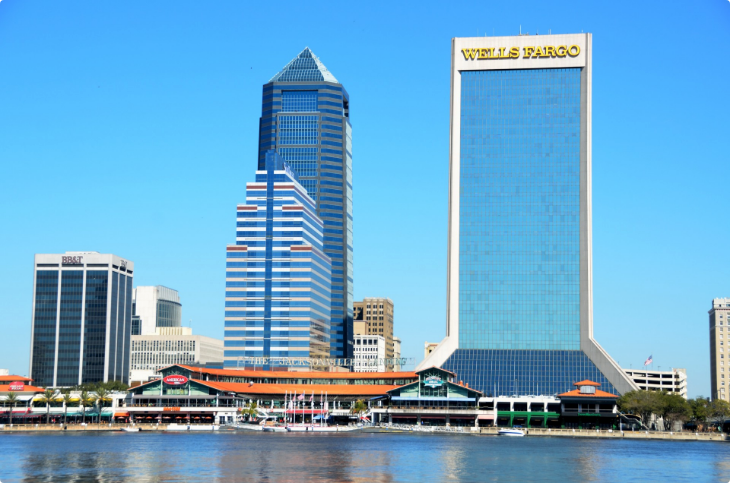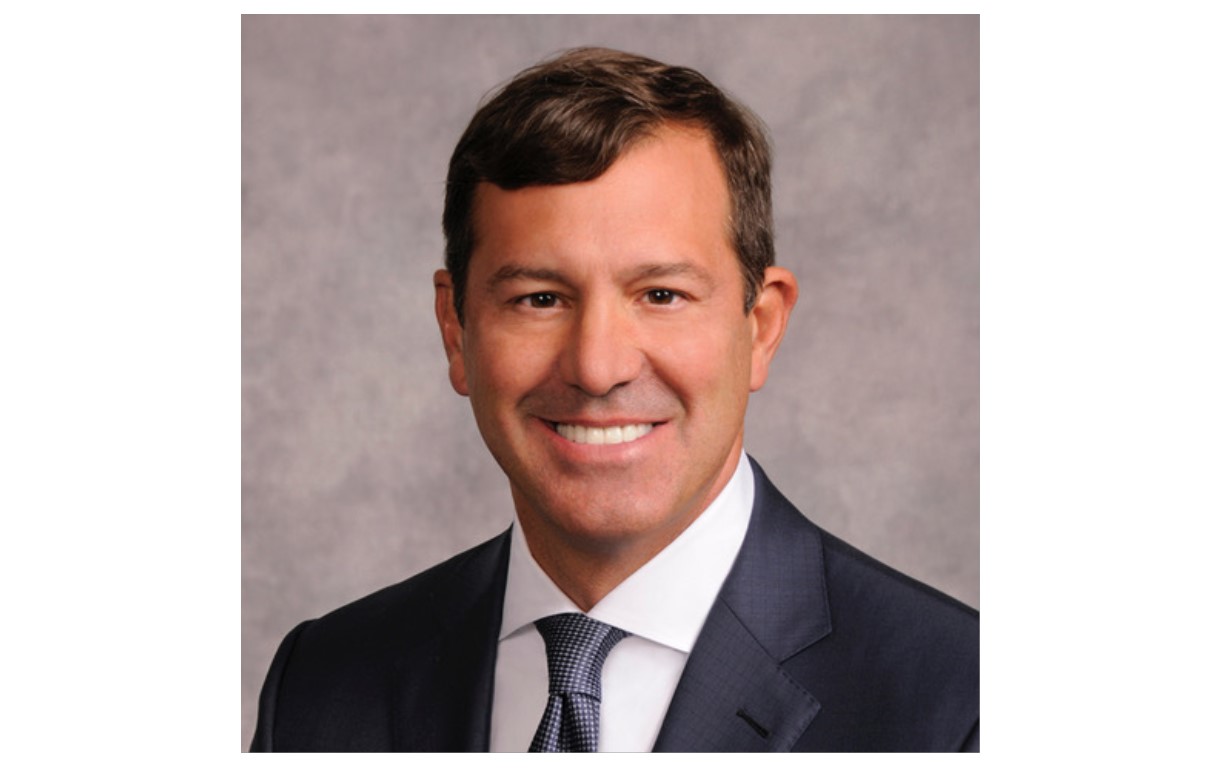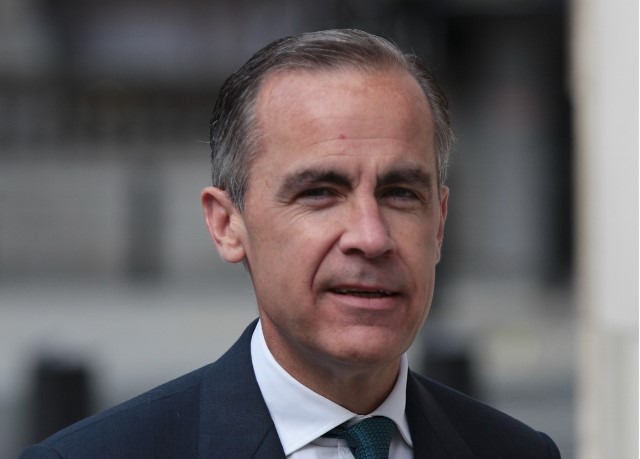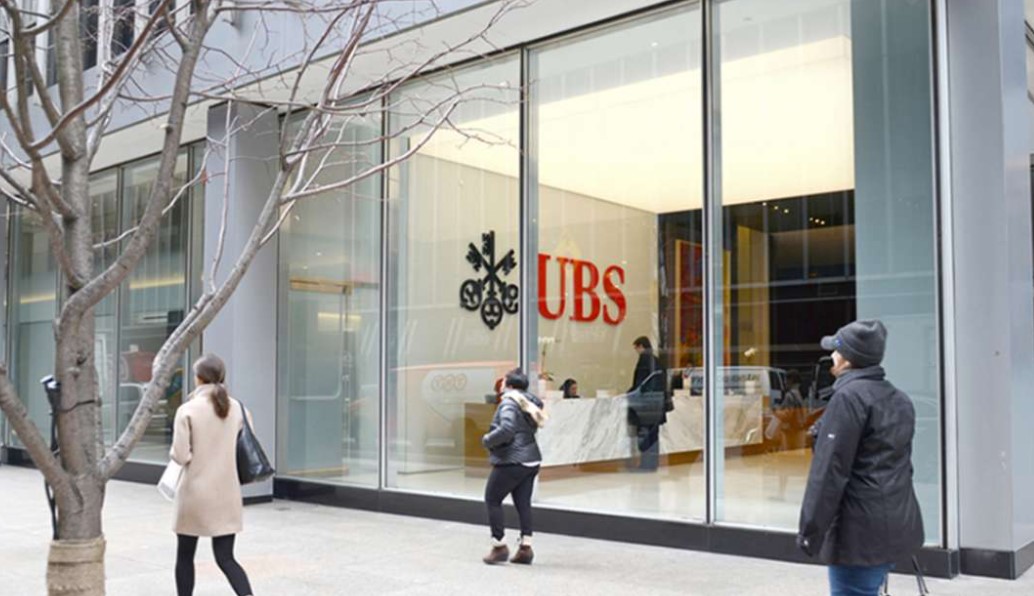Hamish Chamberlayne (Janus Henderson): “The European Recovery Plan is an Excellent Example of Increased Investment in the Green Economy and Renewable Energy”
| By Meritxell Sedo | 0 Comentarios
Focusing on sustainable investment and ESG factors, Janus Henderson Investors held its “Invested in Connecting” virtual forum, a three-day event designed to connect clients with sales teams and investment managers on a single platform, sharing ideas, perspectives and knowledge through live presentations and discussions on market issues and perspectives.
The event began with a welcome speech by Ignacio de la Maza, Head of EMEA Intermediary and Latam, who explained that during the sessions, emphasis would be placed on how managers perceive ESG factors and how they incorporate them into their strategies.
On the first day, the focus was on equities, with Alex Crooke, Co-Head of Equities for the EMEA and Asia Pacific regions, delivering a presentation on the prospects for the asset class and the three issues to be considered in the future. The first is a possible reflationary scenario in which central bank and government intervention to rescue the economy produces inflation. The second topic would be a process of stock issues or “re-equitization”. There is concern among company directors that they have incurred in over-leveraging to overcome the crisis. It is expected that once this debt matures, they will opt to issue more shares, something that could lead to a decrease in the return on equity, but which could also translate into better P/E ratios. Finally, the British equity market is discounting the fact that there will be no Brexit deal at the end of the year and some good companies are trading at attractive valuations.
The debate with the Global Technology team:
Alison Porter, Graeme Clark and Richard Clode, portfolio managers with the Global Technology team, then discussed the fundamentals that have enabled the technology sector to outperform the rest of the market over the past decade. The team argued that the valuations are still explained by the robustness of their balance sheets, after a crisis that has particularly benefited the sector.
“There are fundamental differences between the current situation and the 2001 technology bubble that should give investors some peace of mind. Firstly, in the last five years, the technology sector’s increased performance has not been as extreme as it was then. In the period before the technology bubble burst, we saw compound annual returns of over 43%, while in this period we have seen less than half.
Secondly, in the area of stock market listings, since January 2018, some 36 companies have been listed on the stock exchange, a figure which in the two years prior to the bursting of the technology bubble exceeded 230 companies, indicating that we are in a more rational environment. In addition, the leaders of today’s technology companies are more future-oriented; these companies have become platforms that benefit from the network effect they have created. Now 40% of the technology sector is related to software and obtains recurring profits, a percentage that was only 20% in 2001, this allows these companies to obtain higher margins and structural returns,” commented Alison Porter.
“Finally, on the subject of valuations, interest rates are currently about 600 basis points higher than they were in the year 2000. We tend to say that technology adoption and inflation are inversely correlated, because the adoption of a new technology generates price transparency and is cheaper, faster and allows for better results. The current environment of low interest rates favors high valuations. In terms of profits, shares used to trade with a 53x premium over the rest of the market, while currently they trade with a 20x premium. In terms of free cash flow, shares used to trade at a premium of 118x and now trade at a premium of 31x. But that does not mean that there are not certain areas of concern in terms of valuation, we know that 30% of the sector is not generating profits and that is similar to what happened in the 2000s,” she added.
The importance of ESG factors in the current global environment:
Hamish Chamberlayne, Head of Global Sustainable Equities team and portfolio manager of the Global Sustainable Equity strategy, Andy Acker, portfolio manager of the Global Life Sciences and Biotechnology strategies, Denny Fish, portfolio manager of the Global Technology and Innovation strategy, and Guy Barnard, portfolio manager of the Global Property Equities strategy, then discussed the changes in their respective funds’ investment universe following the pandemic crisis, the acceleration of existing trends, and the growing role of sustainable investment.
“In recent years, the trend towards the digitalization of the economy has had a strong influence on the global context, both on the consumers as well as on the companies. But, during the pandemic, perhaps the degree of consumer penetration has been accelerated, not only in the younger generations, such as Generation Z, which consumes mainly online, but for all cohorts of generations, including the older ones, who now find in the Internet the way to make their purchases and payments,” explained Denny Fish.
“While, on the corporate side, the pandemic has highlighted the importance of digitizing all processes within an organization. As well as the importance of creating virtual infrastructures for their workers,” he added.
Meanwhile, Andy Acker, argued that the defensive characteristics of the health care sector mitigated the impact of the coronavirus crisis on his portfolio. “Investor demand for the healthcare sector tends to increase in market downturns, in the last downturns over 15%, the sector only experienced half of the drop. We have also seen areas of higher returns, such as in telemedicine and sectors on the frontline of the fight against the pandemic,” he mentioned.
Hamish Chamberlayne also discussed how this year, along with technology and the health sector, investment in ESG factors is also benefiting from strong secular trends. “The goal of the Global Sustainable Equity strategy is to build a highly differentiated portfolio with a multi-thematic focus on sources that contribute to performance. While both the technology sector and the health sector contribute positively to the portfolio, there are also other areas that have contributed to performance. Among them, two areas that I would like to point out are companies that are aligned with sustainable modes of transport and a healthier way of life, and companies related to the green economy, renewable energies and electrical infrastructure,” he said.
“Just to mention a few examples, Tesla has had a good year and there is a high degree of enthusiasm about the pace of innovation it has achieved in the automotive sector. On the other hand, Shimano, a leading supplier of bicycle powertrain technology, has benefited from increased demand for alternatives to public transportation and the increased desire for more exercise among consumers in the wake of the pandemic.
On the green economy side, we expect to see an increase in electricity use from the current 20% to 50% of the energy mix in the next decade. As a result, there has been an increase in investment in this area, an excellent example is the European recovery plan, which places the green economy and renewable energy at the center of its stimulus package,” he completed.











